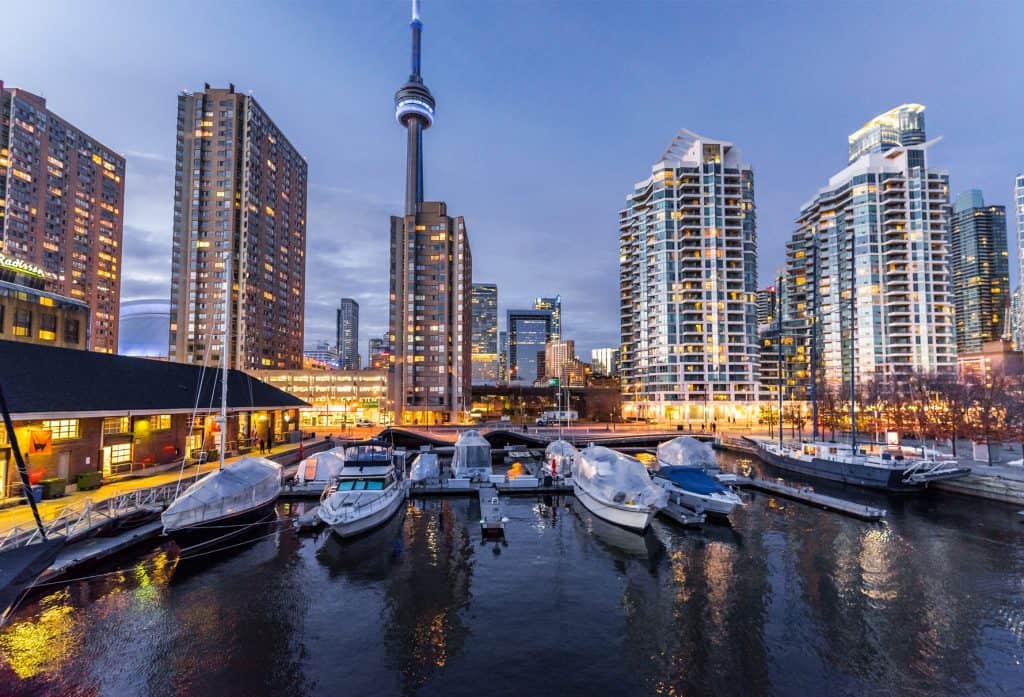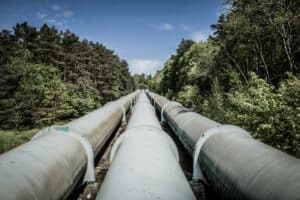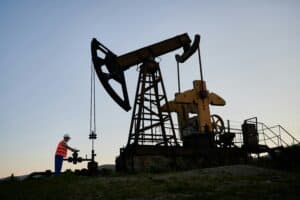This week we hear from Energy Connections Canada executive director, Rick Tofani, who shares his thoughts on the energy transition and the role we all must play.
I grew up on a farm on the eastern edges of the City of Toronto in the late 1950s. Our farm house, built around 1915, had chutes for coal and wood that together kept our house and greenhouse warm in those cold damp southern Ontario winters. In 1957, my father completed construction of a modern brick bungalow home a few hundred feet away from the farm house, heated by fuel oil and a wood-burning fireplace. Slowly but surely, as natural gas became more prevalent for home heating, the house was converted from fuel oil to natural gas.

Energy of today
So how do we lay the groundwork to get to net zero in 2050 and/or beyond? From my perspective, history has to repeat itself. Much like my early days in Southern Ontario, we have to transition the current energy systems that emit GHGs and that isn’t going to happen overnight.
In Canada, we are blessed with a diversified energy mix. Currently, 67 per cent of the energy for 35 million people is supplied by very low or no GHG emitting sources and 33 per cent is from natural gas, coal and fuel oil – 54% of all buildings are heated by forced air in Canada (mostly natural gas and fuel oil).
Additionally, that energy has to be delivered from source to market in a way that absolutely minimizes the GHG footprint.
Today, the energy we are supplied with provides few, if any, inconveniences. For the energy transition to be successful, it must ensure that the safe, reliable, and mostly out-of-sight delivery of energy to consumers continues.
Evaluating the energy of tomorrow
It appears (at this time) that the world (Canada included) is NOT about to accept more large scale nuclear power. I’m concerned that even if we do eventually harness fission, the technical and public acceptability of this will be very far in the future. I cannot conceive it being commercial until somewhere in the 2075 to 2100 range. Small scale nuclear reactors are being discussed, one is being constructed for testing in Ontario, but it’s unlikely these are going to be ready for widespread distribution before 2050.
Large scale hydro electricity? It’s currently unacceptable to flood vast areas of land to create head ponds big enough to power the large generation capacity that the world (Canada) needs. Even if it could be built in areas where, for all intents and purposes, you won’t know it’s there, the environmental impact is too large for us to contemplate.
The proliferation of wind, solar, geothermal and other non-emitting GHG energy sources is still a very long way off in terms of the scale needed to make a dent into that 33 per cent occupied by mostly natural gas anytime soon.
The one option we have in our hands right now, is an all-out effort to decarbonize the energy sources that we currently use. This means we need to expand the use of hydrogen-based energy systems (that make practical and economic sense), expand the use of fuels cells and heat pumps (where practical) and move transportation systems off fossil fuels and into batteries, fuels cells and other low or zero carbon fuels. This statement of activity is not without its own difficulties and limitations that we’ll have to work through as time marches on.
What we can all do
Now it’s time for each of us to get involved in this transition like never before. It’s up to us as a society, as individuals, to ensure we start to figure out how WE each can reduce our own carbon footprint, so that each of us is doing our part for a low (or no) carbon future. Solar panels on our homes, heat pumps, fewer and more energy-efficient vehicles, recycling, and efficient use of energy in our homes are things we need to consider for ourselves and our families going forward.
If you want to read up on what’s happening in the world regarding transition, hydrogen, natural gas and decarbonization, check out the many articles and news releases at www.gaspathways.com. With a little luck, we’ll start to see lots more of these types of stories originating from Canada soon.




